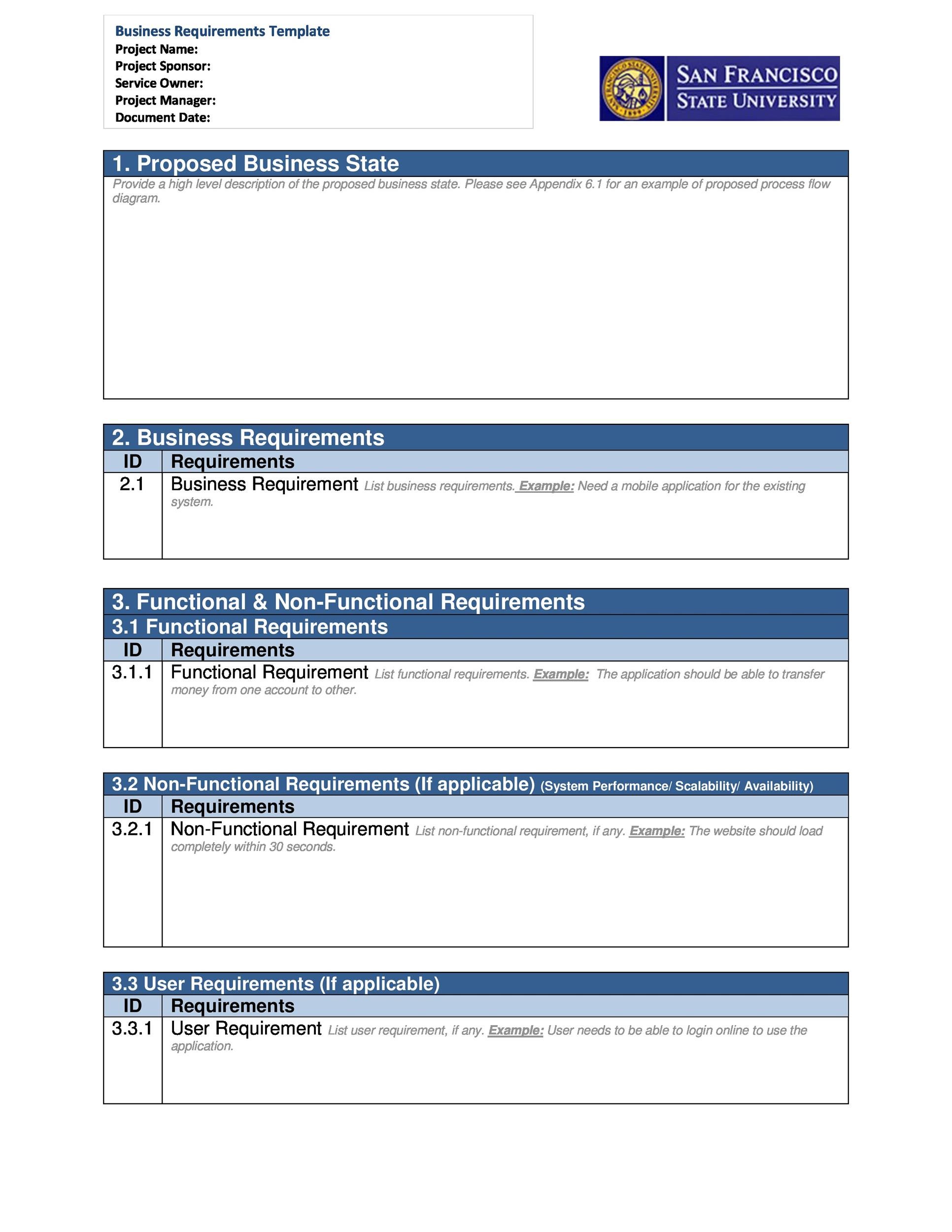Applying to a farmers market can be a daunting task, especially for new vendors. With so many talented farmers and artisans vying for a spot, it's essential to make your application stand out. In this article, we'll guide you through the process of creating a successful farmers market application, highlighting the key steps to increase your chances of acceptance.
Understanding the Importance of a Well-Crafted Application
A well-crafted application is your chance to showcase your products, share your story, and demonstrate your commitment to the market. It's an opportunity to highlight what sets you apart from other vendors and why you'd be a valuable addition to the market. By taking the time to carefully prepare your application, you can increase your chances of acceptance and set yourself up for success at the market.
Step 1: Research the Market and Review the Application Requirements
Before starting your application, it's essential to research the market and review the application requirements carefully. Look for information on the market's website, social media, or contact the market manager directly to ask questions. Some key things to look for include:
- What types of products are allowed at the market?
- Are there any specific rules or regulations you need to follow?
- What is the application deadline, and what are the fees associated with applying?
- Are there any specific requirements for insurance, licenses, or permits?
By understanding the market's requirements and rules, you can tailor your application to meet their specific needs and increase your chances of acceptance.

Step 2: Prepare Your Product Information and Pricing
Your product information and pricing are crucial components of your application. Make sure you have a clear and concise description of your products, including:
- Product names and descriptions
- Pricing information, including any discounts or promotions
- Product images or samples (if required by the market)
It's also essential to have a pricing strategy in place, taking into account the costs of producing and selling your products, as well as the prices of similar products at the market.

Step 3: Develop a Strong Marketing and Sales Strategy
A strong marketing and sales strategy is vital to your success at the market. Consider the following:
- How will you promote your products at the market?
- What sales tactics will you use to engage with customers?
- Do you have a social media presence, and how will you use it to promote your products?
By developing a solid marketing and sales strategy, you can increase your chances of success at the market and attract more customers to your stand.

Step 4: Gather Required Documents and Certifications
Depending on the market, you may need to provide certain documents or certifications, such as:
- Insurance certificates
- Licenses or permits
- Certifications for organic or specialty products
Make sure you have all the required documents and certifications ready to submit with your application.

Step 5: Submit a Complete and Professional Application
Finally, make sure you submit a complete and professional application, including all required documents and information. Double-check your application for spelling and grammar errors, and ensure that all information is accurate and up-to-date.
By following these steps, you can increase your chances of acceptance and set yourself up for success at the farmers market.

Gallery of Farmers Market Application Tips






Frequently Asked Questions
What is the deadline for submitting a farmers market application?
+The deadline for submitting a farmers market application varies depending on the market. Be sure to check the market's website or contact the market manager for specific deadlines.
What types of products can I sell at a farmers market?
+The types of products you can sell at a farmers market vary depending on the market. Common products include fresh produce, baked goods, artisanal cheeses, and handmade crafts.
Do I need insurance to sell at a farmers market?
+Yes, many farmers markets require vendors to have liability insurance. Be sure to check with the market manager for specific insurance requirements.
